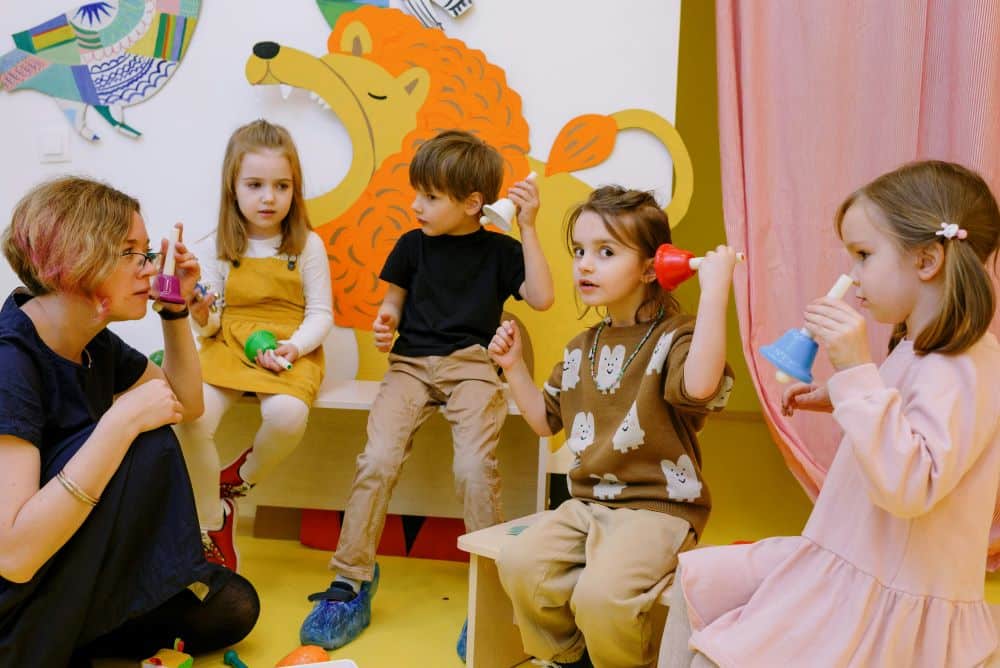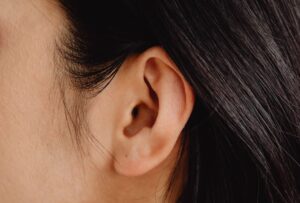Hearing is fundamental to a child’s development, influencing their ability to communicate, learn, and interact with the world around them. Pediatric hearing tests play a vital role in ensuring that children can reach their full potential by detecting any potential hearing issues early on. Let’s explore why these tests and evaluations are so important and where parents can access reliable services for their little ones.
The Significance of Pediatric Hearing Tests
Pediatric hearing tests are tailored to the developmental stages of children. They are specifically designed for infants, toddlers, and young children who may not be able to participate in traditional hearing tests requiring verbal responses. Pediatric tests use specialized techniques for evaluation such as visual reinforcement audiometry (VRA) or play audiometry and rely on behavioral indicators such as head-turning or eye movement to detect auditory stimuli.
The Importance of Early Screenings and Detection
Pediatric hearing tests act as early detectives, uncovering any hidden hearing health or lifestyle challenges that may hinder a child’s growth. By screening and detecting these issues early, parents and healthcare providers can take proactive steps to address them, ensuring that every child has the opportunity to thrive.
For children with undetected hearing loss, speech and language development may be delayed. Pediatric hearing tests help identify these challenges early, allowing for intervention to support their journey toward clear communication and social interaction.
Pediatric hearing tests help prevent these challenges, ensuring that every child has the opportunity to succeed in school and beyond.
Specialized Pediatric Hearing Tests and Services in the Philippines

Specialized hearing health centers in the Philippines provide a range of pediatric hearing tests and services to cater to the unique needs of children. Some of the pediatric hearing tests offered may include:
1. Newborn Hearing Test
The newborn hearing screening is a routine examination and evaluation conducted shortly after your baby’s birth to assess their auditory health. Its primary goal is to detect any potential hearing loss in infants, as hearing plays a crucial role in speech and language development. Early identification of congenital hearing loss is vital for timely intervention. By detecting hearing issues early through newborn hearing tests in the Philippines, you and your healthcare team can implement strategies to support your child’s language skills and facilitate their social and emotional development, taking proactive steps toward their overall well-being.
2. Auditory Steady State Response Test
Auditory Brainstem Response (ABR) and Auditory Steady State Response Test (ASSR) is an objective pediatric assessment method used to evaluate a child’s hearing level, particularly in those who may not be able to participate actively, such as infants or individuals with cognitive impairments. During the test, the child is typically asleep to ensure minimal movement and accurate results. By analyzing the brain’s response to auditory stimuli, healthcare professionals can accurately determine the patient’s hearing thresholds and devise appropriate intervention strategies through this test and screening.
3. Conditioned Play Audiometry (CPA)
Conditioned play audiometry is specifically designed for children between the ages of 2 and 6 years old. This interactive test involves using play-based activities to engage the child in responding to auditory stimuli. Children are instructed to perform a fun task, such as placing a block in a bucket or stacking rings, each time they hear a sound.
CPA relies on the child’s ability to follow instructions and participate in the game-like activity, providing valuable insights into their hearing abilities. By assessing the child’s responses to sounds at different frequencies and intensities, audiologists can determine the degree of hearing loss and tailor intervention strategies accordingly.
4. Visual Reinforcement Observation Audiometry
Visual reinforcement observation audiometry is specifically designed for infants and toddlers between the ages of 6 months and 2 1/2 years old. This screening test utilizes visual reinforcement techniques to elicit behavioral responses to auditory stimuli.
During this pediatric hearing evaluation, the child is seated on a caregiver’s lap, and sound stimuli are presented through speakers, headphones, or insert phones.. When the child responds to the sound by turning their head or exhibiting a visual cue, such as looking towards a lighted toy or animated character, they are reinforced with a rewarding visual stimulus. VROA helps audiologists determine the degree of hearing loss in young children who cannot provide verbal responses, facilitating early intervention and support for auditory development.
Look After Your Child’s Hearing Health Today
Prioritizing pediatric hearing evaluations is essential for ensuring the optimal development and well-being of your children. By accessing reliable services and undergoing regular child hearing tests catered to their needs, parents can take proactive steps towards early detection and intervention, setting the stage for a bright and fulfilling future for their little ones.
If you suspect any hearing concerns or want to schedule pediatric hearing services in the Philippines, don’t hesitate to reach out to a trusted hearing health center for a screening today. Your child’s auditory health is invaluable, and early intervention can make all the difference in their journey towards a vibrant and thriving life. Schedule a pediatric hearing test now and give your child the gift of sound and communication.








